
4 types of water you should not drink before going to bed
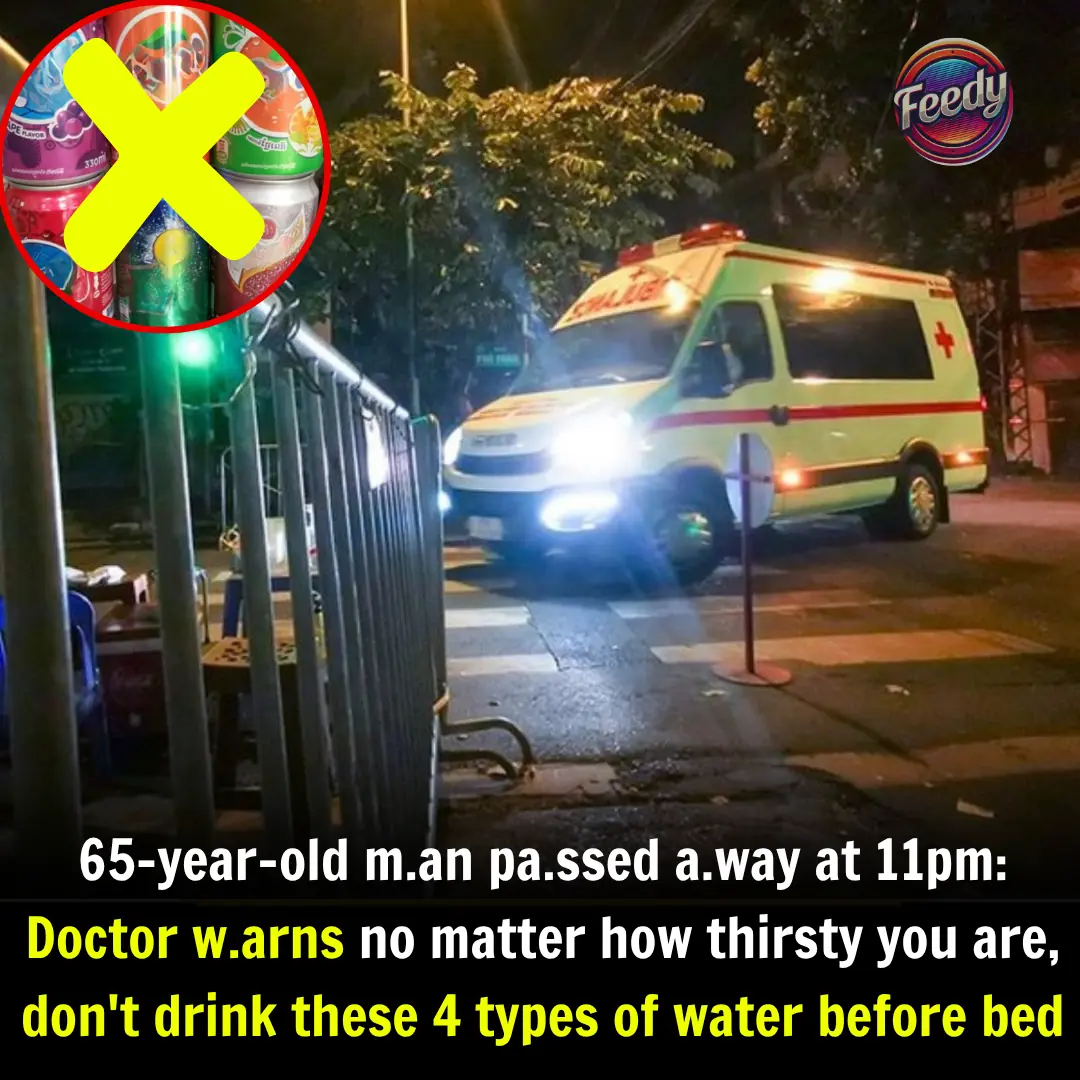
A 65-Year-Old Man Dies from a Heart Attack: Doctors Warn – Avoid These 4 Types of Drinks Before Bed
Why Are the Elderly More Vulnerable to Heart Attacks?
A heart attack occurs when the heart muscle is deprived of blood, leading to tissue death—an acute and life-threatening cardiovascular event. Older individuals are more susceptible to heart attacks, largely due to the natural aging process and declining physical health. Many elderly people also suffer from conditions like osteoporosis, which weakens bones and disrupts blood flow, placing extra strain on the heart. This increases the likelihood of a heart attack.
Even If You're Thirsty at Night, These 4 Drinks Should Be Avoided Before Bed
-
Ice-Cold Water
On hot summer nights, many people reach for a glass of ice-cold water to refresh themselves. However, consuming extremely cold water can cause your blood vessels to constrict suddenly, a factor that could trigger a heart attack. It’s better to opt for room temperature water to stay hydrated. -
Concentrated Tea
Some people enjoy a strong cup of tea before bed, but concentrated tea—loaded with caffeine and theobromine—can significantly increase heart strain. For those with pre-existing heart conditions, drinking strong tea before sleep raises the heart's workload, increasing the risk of a heart attack. -
Coffee
Packed with caffeine, coffee stimulates the brain and can excite the nervous system, especially in those with cardiovascular or neurological conditions. To avoid any complications, it’s best to avoid coffee within two hours of bedtime to allow your body to rest properly. -
Fruit Juice
While fruit juice is often seen as a healthy option, it is high in fructose, which can thicken the blood and contribute to cardiovascular issues. Additionally, the sugar content may spike blood sugar levels, leading to unwanted complications.
Other Considerations:
The human esophagus can typically tolerate temperatures around 40°C. Drinking liquids that are either too hot or too cold can irritate the esophageal lining, potentially leading to inflammation and, in severe cases, even esophageal cancer.
Extremely hot or cold drinks can also damage the mucous membranes in your mouth and throat. If this damage continues over time, it can lead to mouth ulcers, throat infections, and other issues.
Drinking too much liquid before bed can also result in frequent nighttime awakenings to use the bathroom, which disrupts your sleep cycle and increases the risk of sudden death. It’s wise to avoid drinking excessive amounts of water before bed.
How to Prevent Heart Attacks
Cardiovascular diseases are dangerous and difficult to treat, so prevention is key. Understanding the risk factors and taking the right steps can make a big difference in your heart health.
-
Exercise Wisely: Avoid overexerting yourself, especially during cold weather, as sudden intense activity puts pressure on the heart and increases the risk of a heart attack.
-
Balance Work and Rest: Overworking can lead to heart strain. A healthy mental state is equally important for heart health—stress and negative emotions can contribute to cardiovascular disease.
Recognizing the Warning Signs of a Heart Attack
The body often provides warning signs before a heart attack, but these symptoms aren’t always easy to identify. Here are some common warning signs to watch for:
-
Chest Pain and Shortness of Breath: A feeling of tightness or discomfort in the chest, often radiating to the left shoulder or arm, is a classic sign. This is usually accompanied by difficulty breathing.
-
Frequent Angina: Chest pain that wakes you from sleep could be an indication that your heart is in distress.
-
Abdominal Pain: Some people experience stomach discomfort, especially after eating, in the hours leading up to a heart attack.
-
Irregular Heartbeat: An irregular pulse, especially in the early morning hours, can be a sign that a heart attack is imminent.
By staying mindful of these signs and avoiding certain drinks before bed, particularly if you have a history of heart disease, you can help protect your heart and enhance your overall health.
News in the same category


Hero Dad Leaps Off Disney Cruise Ship To Save Daughter Who Fell Overboard

Japan On Edge: Scientists Warn 82% Chance Of Megaquake That Could Kill 300,000

Mom on a mission to show daughter with extremely rare birthmark that she is beautiful

Glee star Cory Monteith's parents tragically die weeks apart following his death 12 years ago

‘Horrifyingly goofy’ creature washes onto Southern California beach

Australian couple with dwarfism have three children against all odds

NIAGARA FALLS TURNS RED BLOOD FOR 10 MINUTES VISITORS STUNS

Tourist who was trapped 1,600ft down active volcano for days tragically dies before rescuers get to her

Elephant finally rescued after over 80 years in shackles – finally lays down and rest

London-bound plane with 242 on board crashes in India

Kitten was dyed with toxic blue paint and left in the rain — rescuers help her make a stunning transformation

This giraffe left photographer speechless, then sad truth is revealed

Sleepy Polar Bear Portrait Wins the Wildlife Photographer of the Year People’s Choice Award
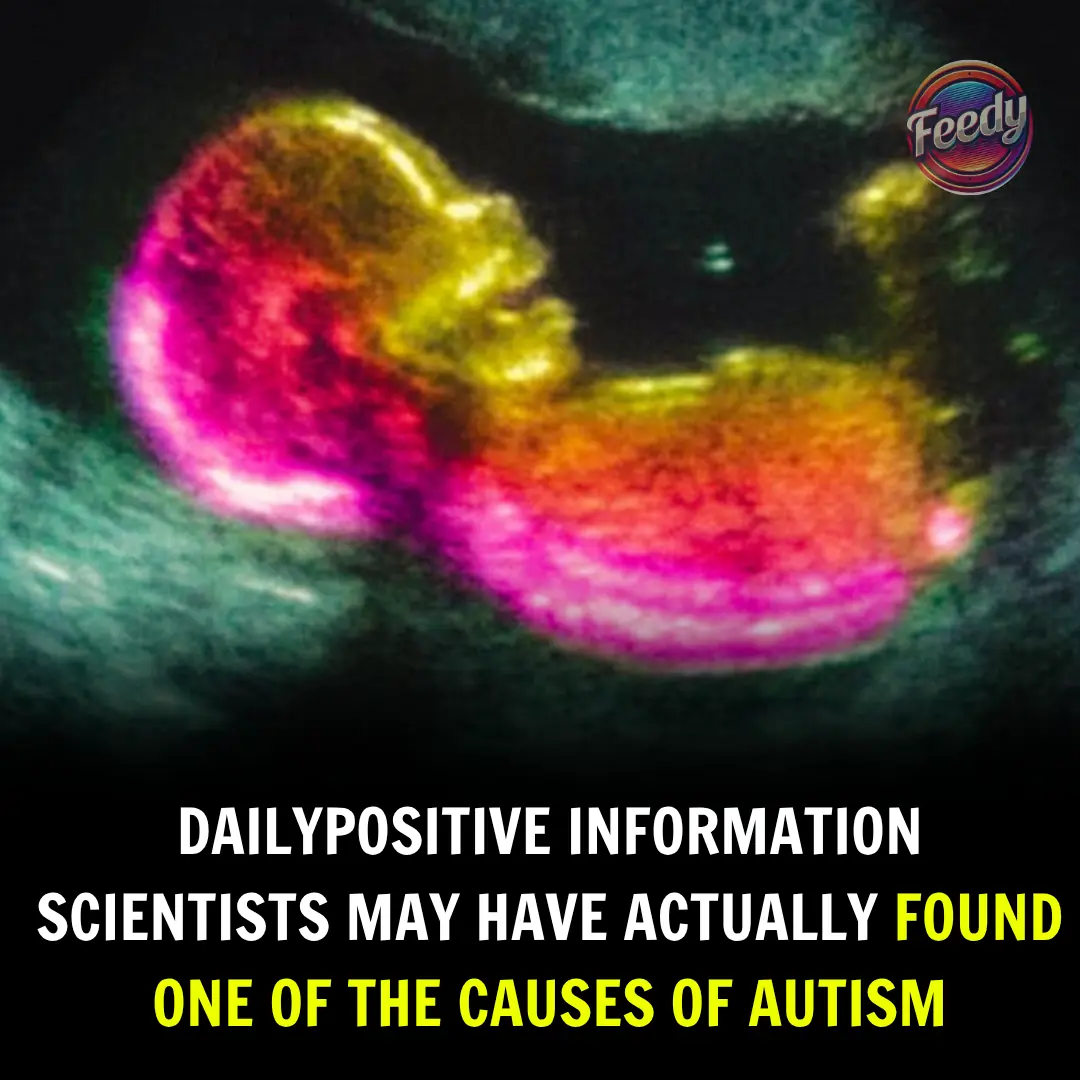
Study Suggests Key Link That Could Help Explain Autism Development
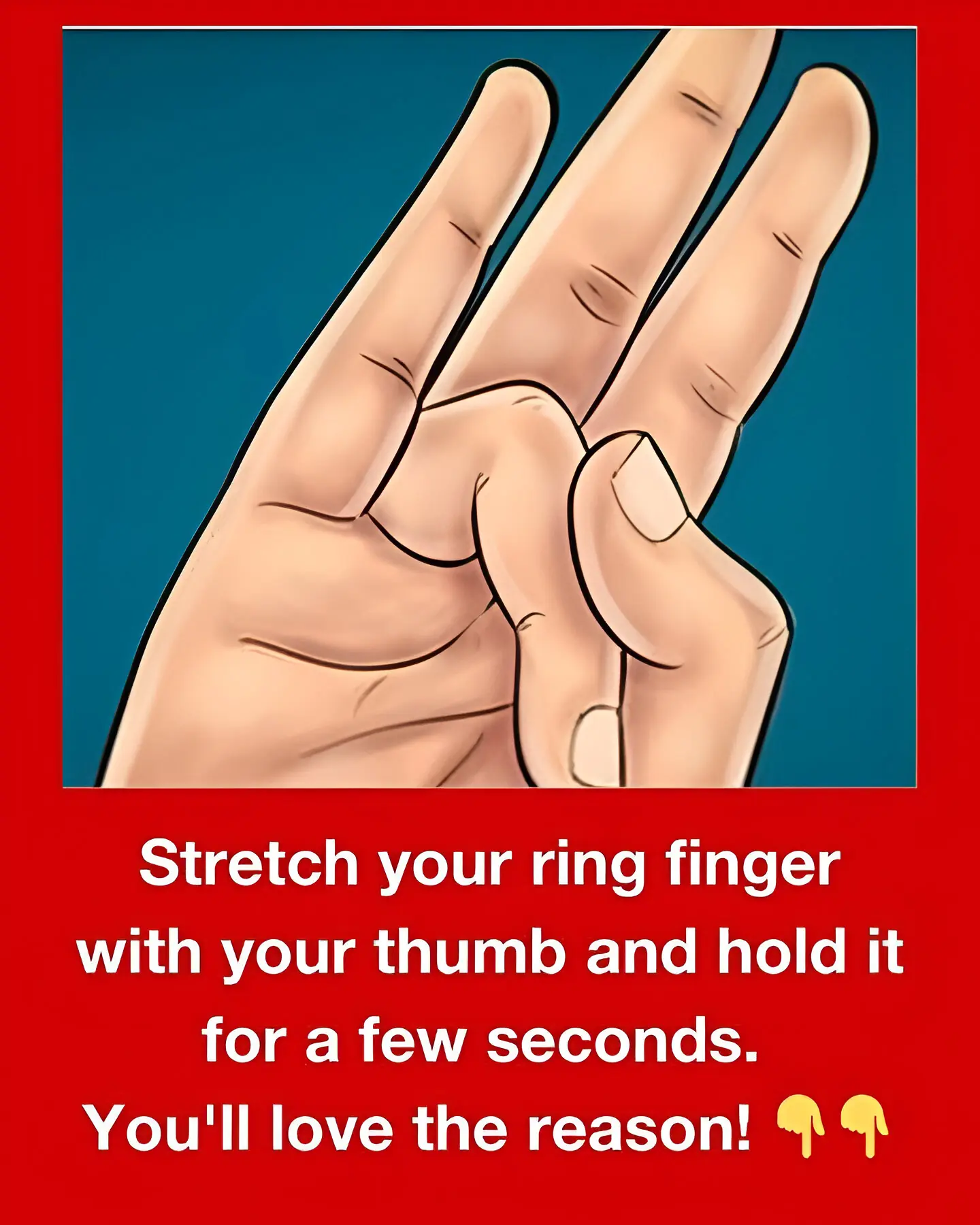
The Power of Gyan Mudra: Benefits and How to Practice It

Pope Francis’ shocking net worth at his time of death

5 Countries Making It Harder for Americans to Live and Work Abroad

Chilling last words of trainer ripped apart by ‘psychotic’ killer whales
News Post
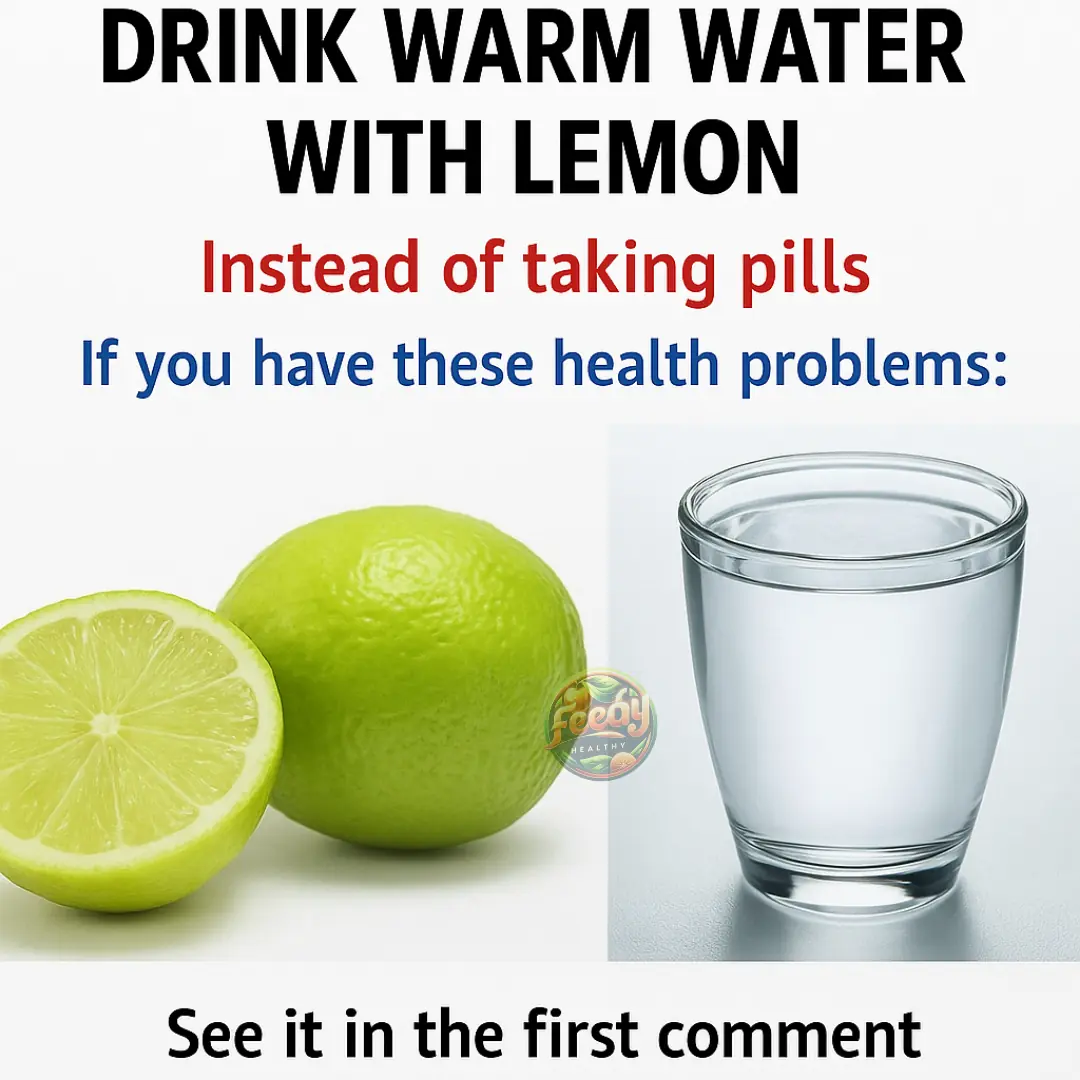
Drink Warm Water with Lemon 😱👇
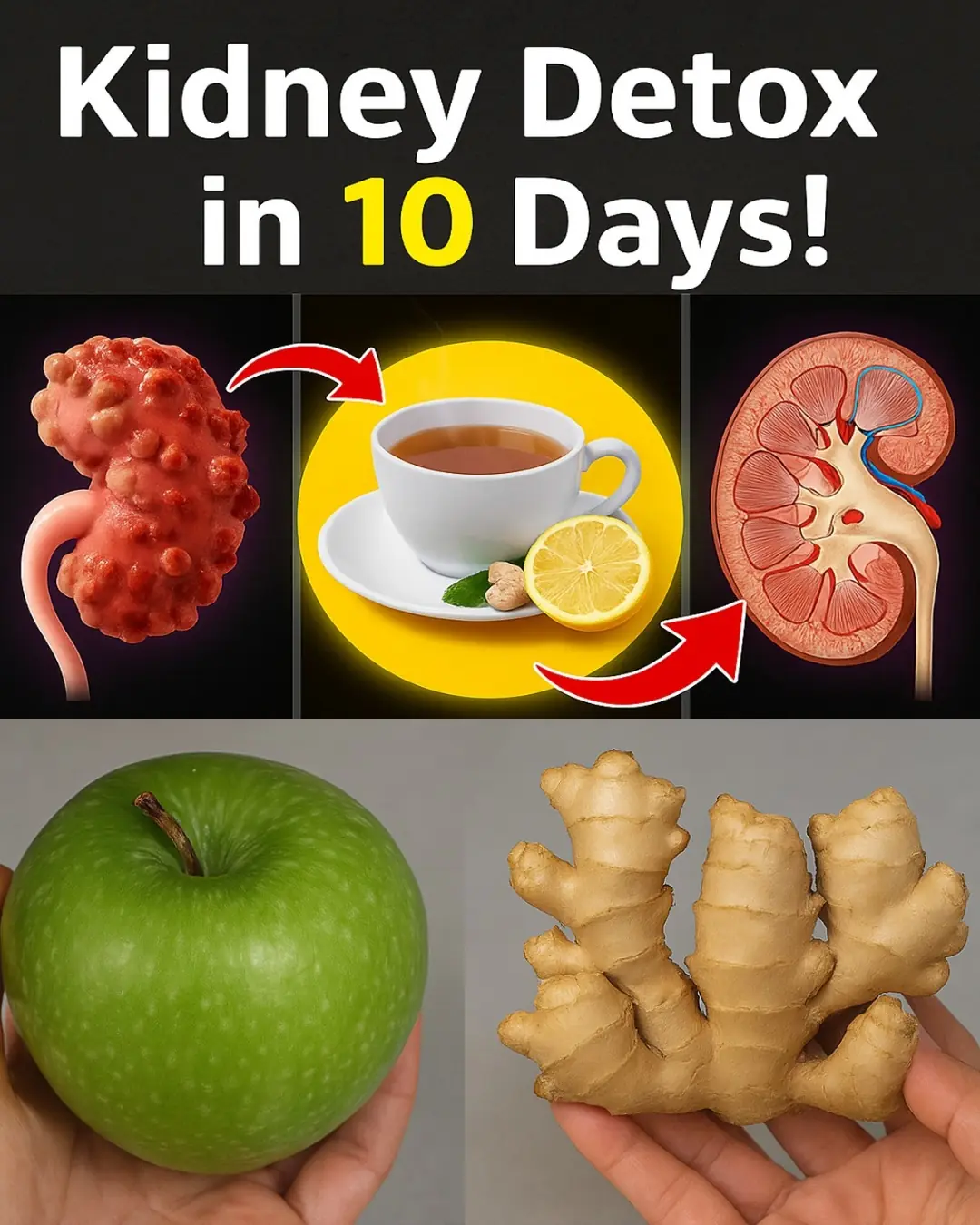
Revitalize Your Body in Just 7 Days: The Tangerine, Walnut & Ginger Detox Drink That Restores Energy and Vitality
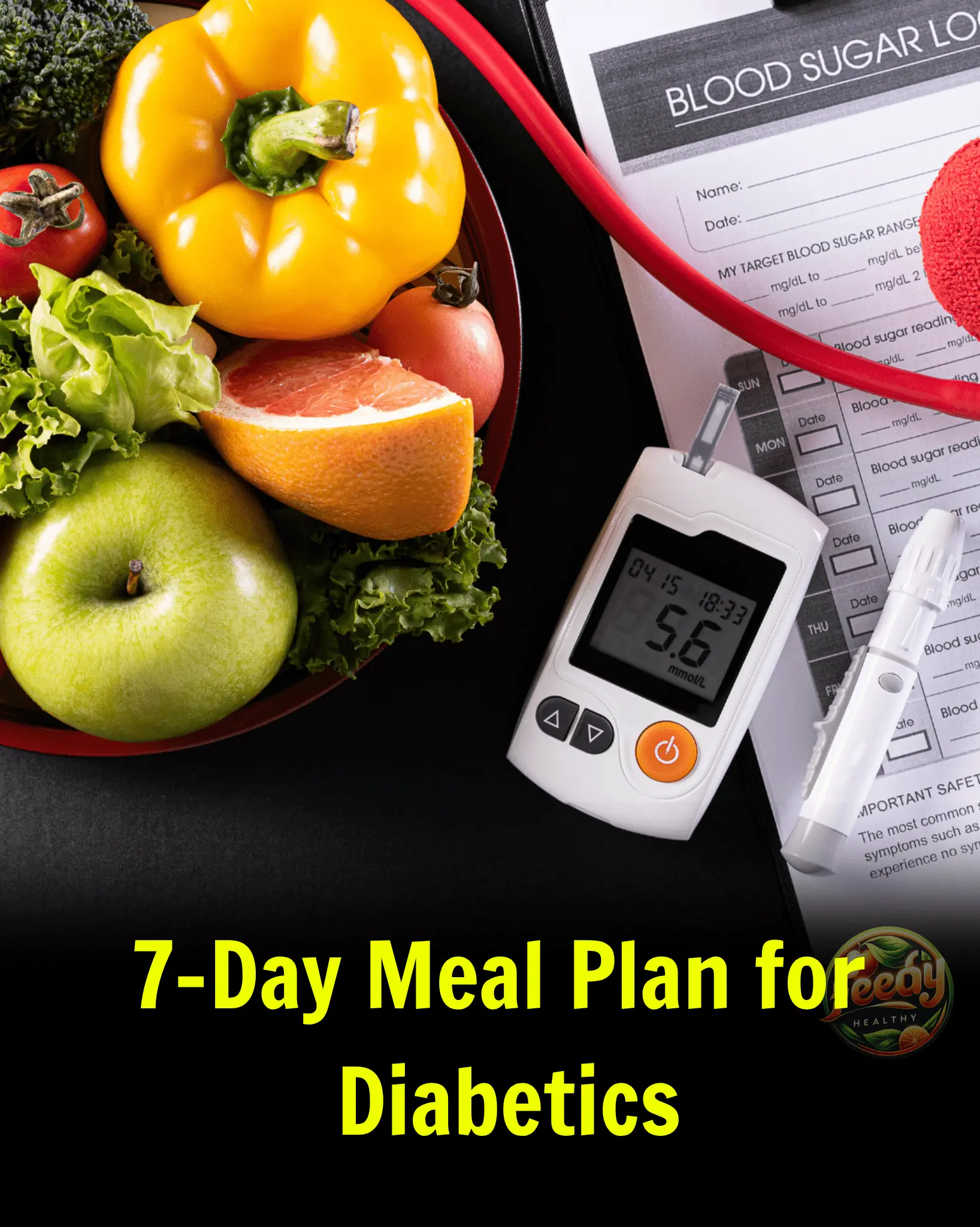
7-Day Meal Plan for Diabetics
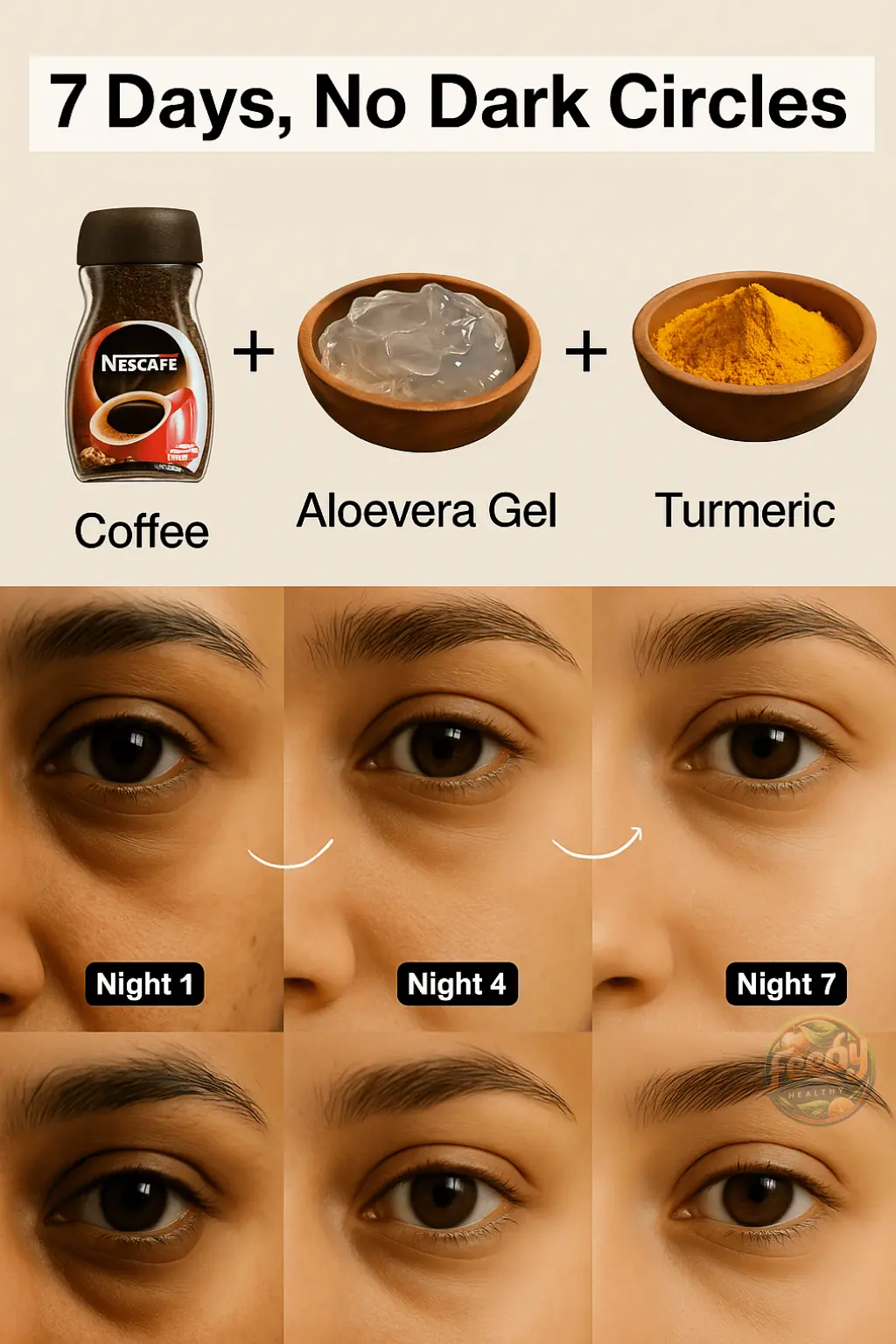
6 Coffee Eye Masks to Get Rid of Dark Circles | Under Eye Wrinkles | Eye bags & Puffy Eyes

The first animal you spot in this visual reveals your ‘worst flaw’
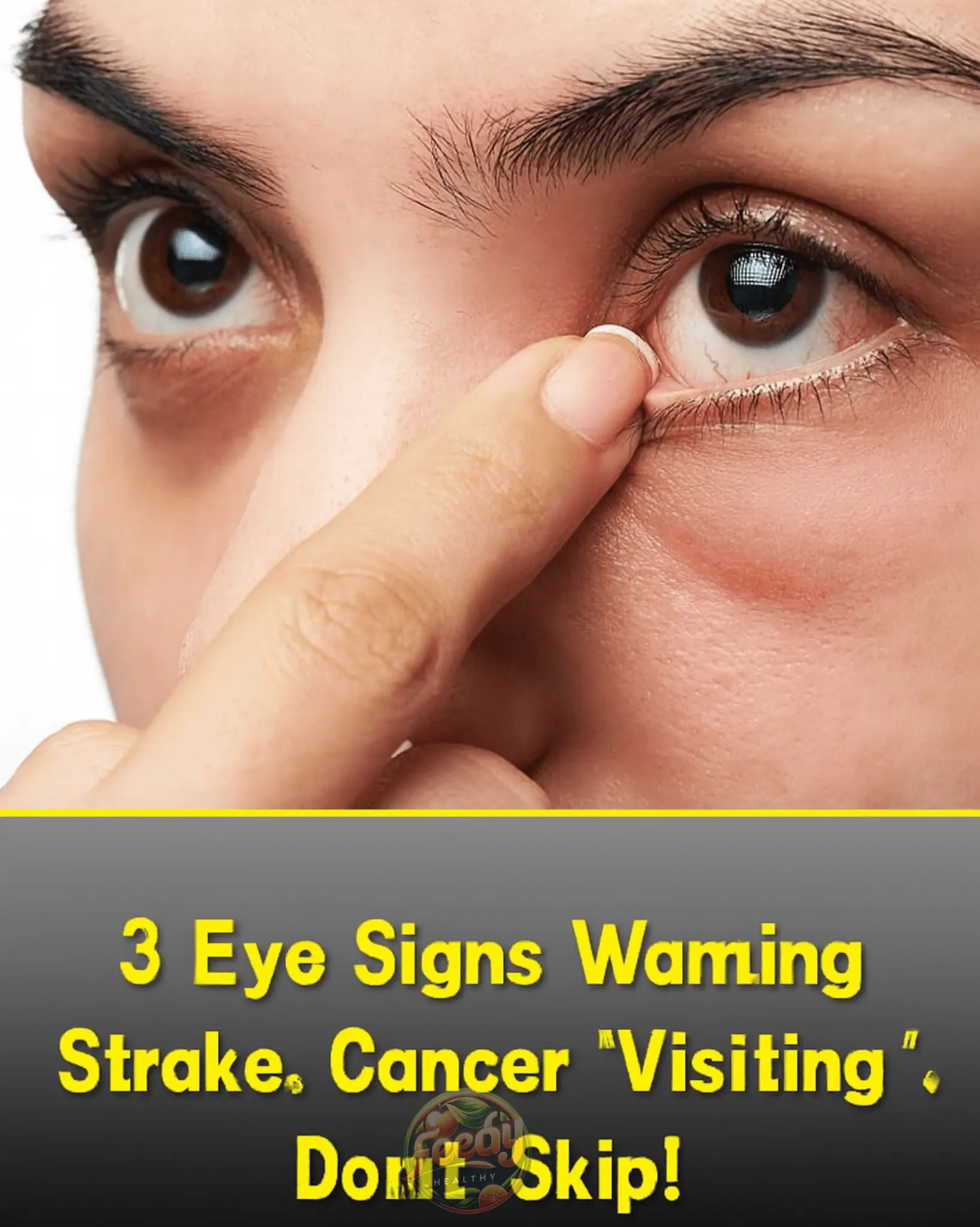
3 Eye Symptoms That Signal Hidden Health Issues: High Cholesterol, Stroke, and Cancer

Hero Dad Leaps Off Disney Cruise Ship To Save Daughter Who Fell Overboard

Japan On Edge: Scientists Warn 82% Chance Of Megaquake That Could Kill 300,000

MY 8-YEAR-OLD SON INSISTED THAT WE SURPRISE OUR NEIGHBOR FOR HER BIRTHDAY—WE NEVER EXPECTED HER REACTION

Neglected dog found with matted fur, dry skin transforms after finally getting love

12-year-old girl dies of rare cancer—parents noticed worrying sign as she brushed teeth

Clear Your Lungs and Feel Great with Lemon and Ginger
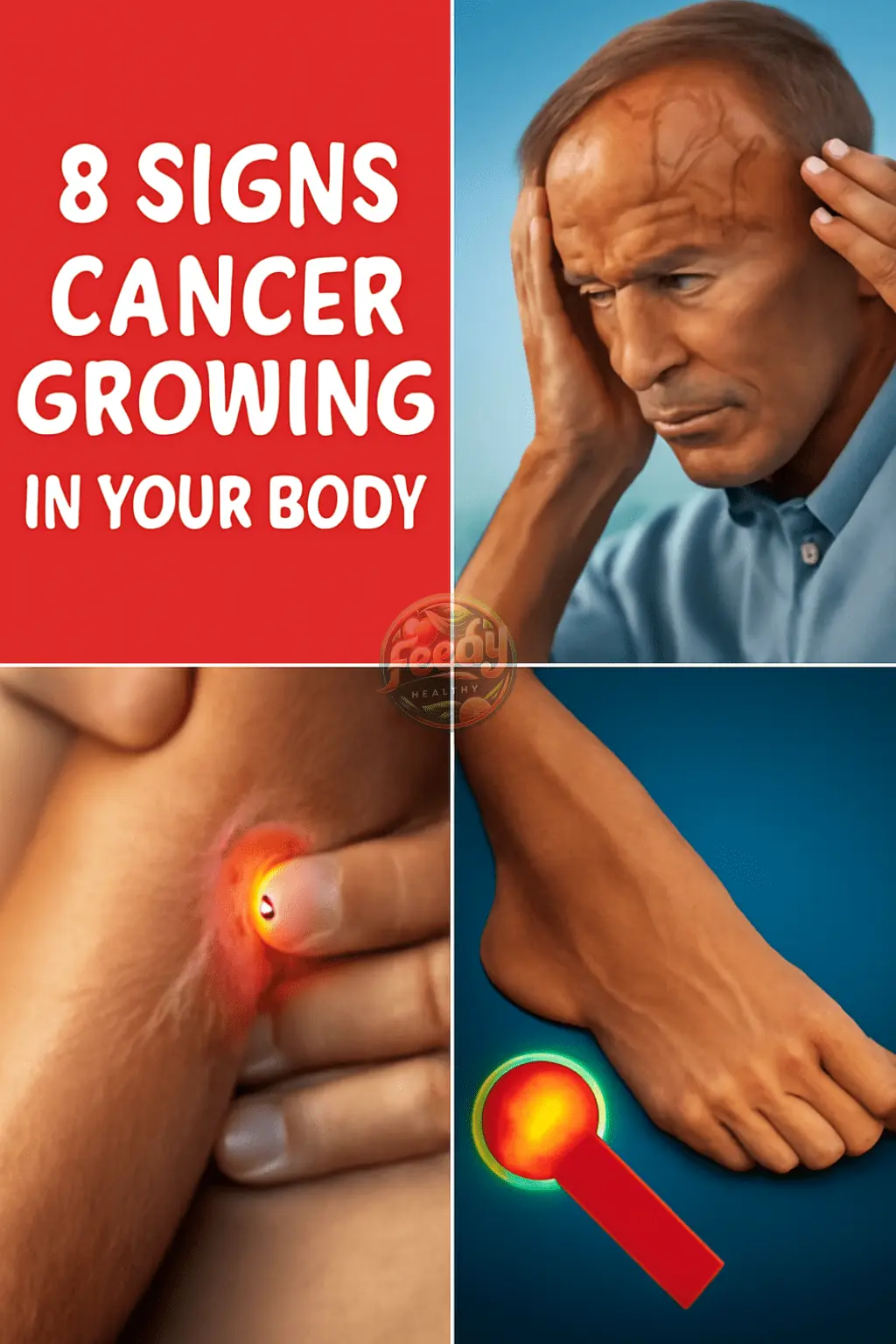
8 Warning Signs of Growing Cancer

Can You Spot the 6 Hidden Words in This Living Room Image?

Mom on a mission to show daughter with extremely rare birthmark that she is beautiful
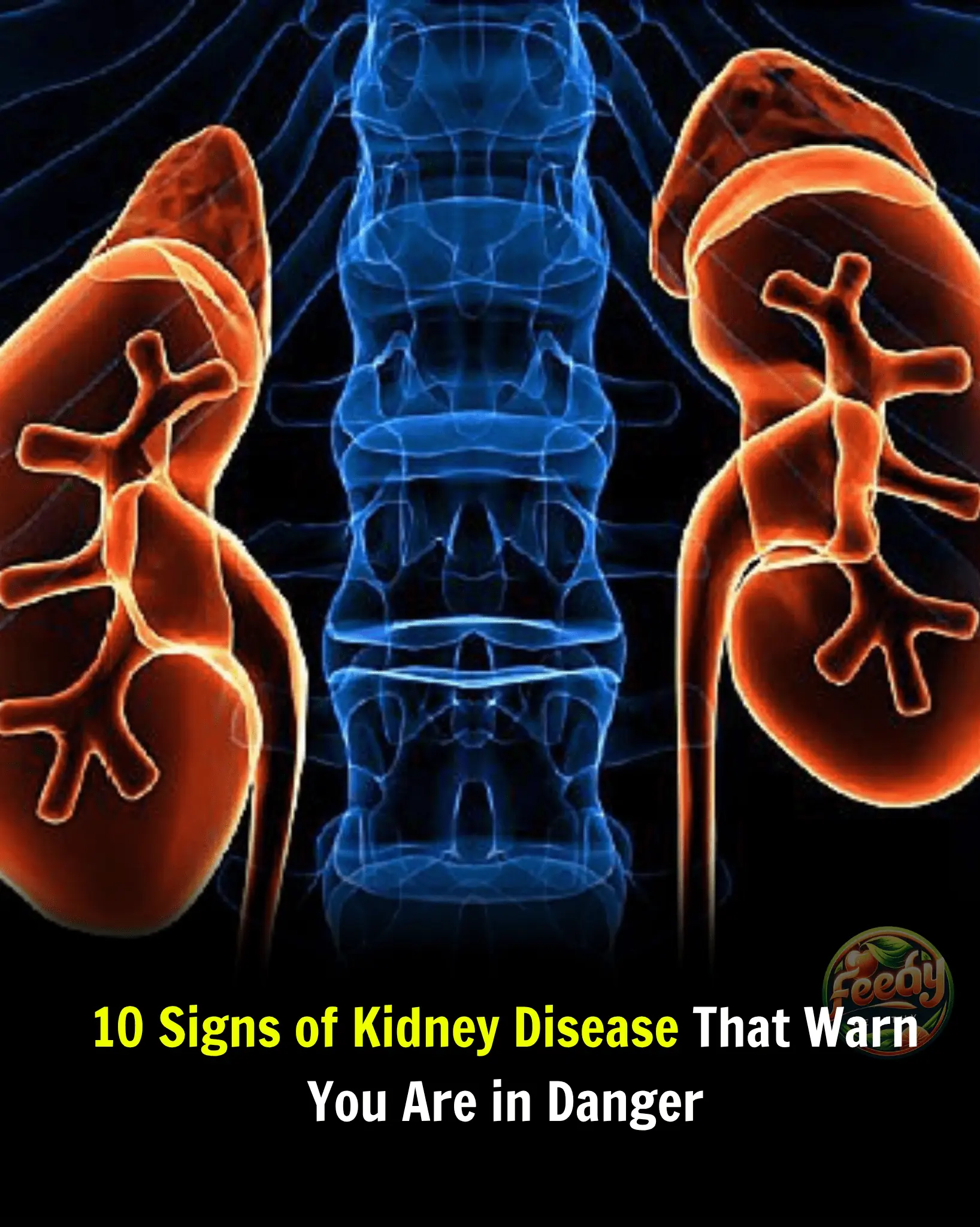
10 Signs of Kidney Disease That Warn You Are in Danger
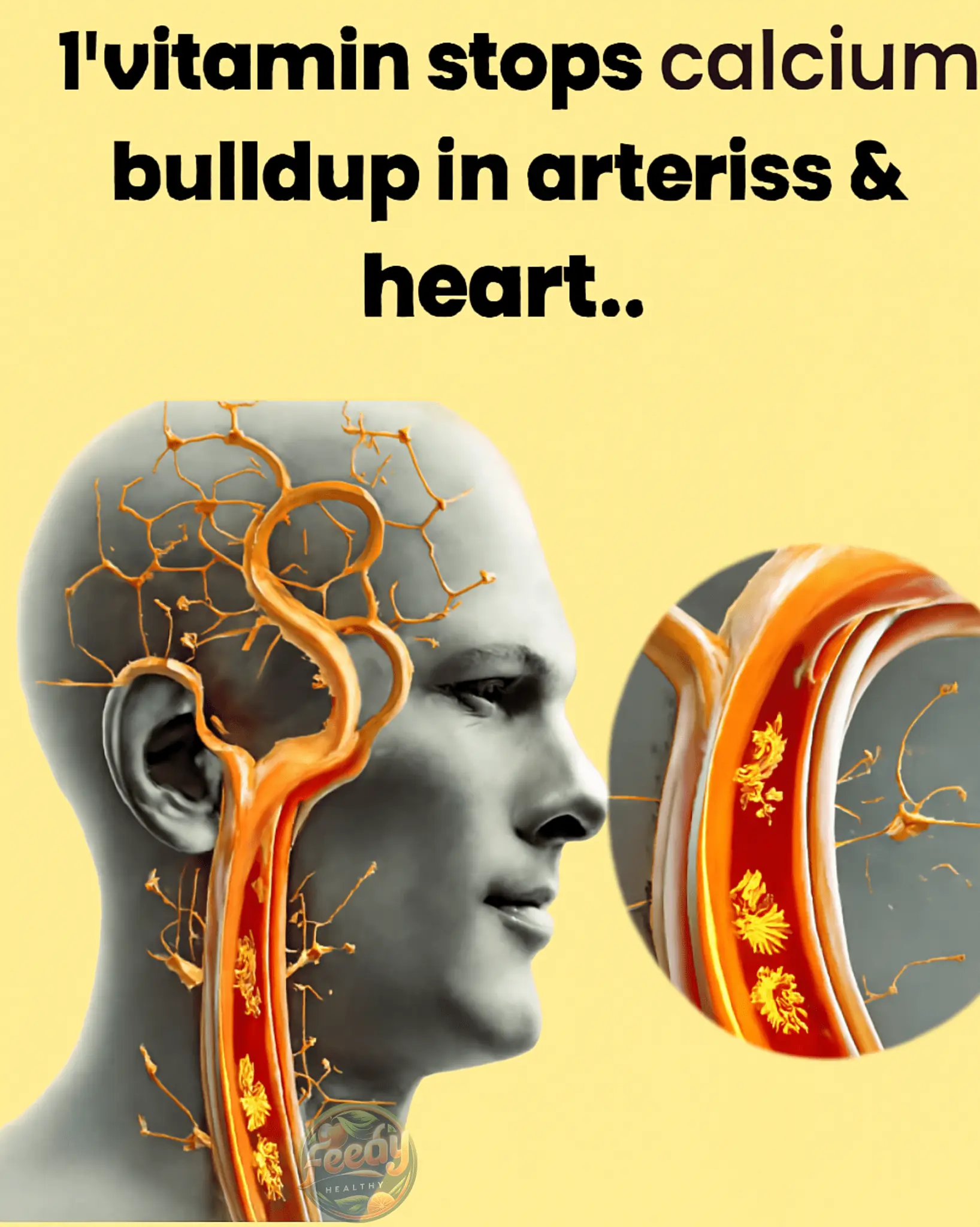
1 Vitamin Stops Calcium Buildup in Arteries and Heart
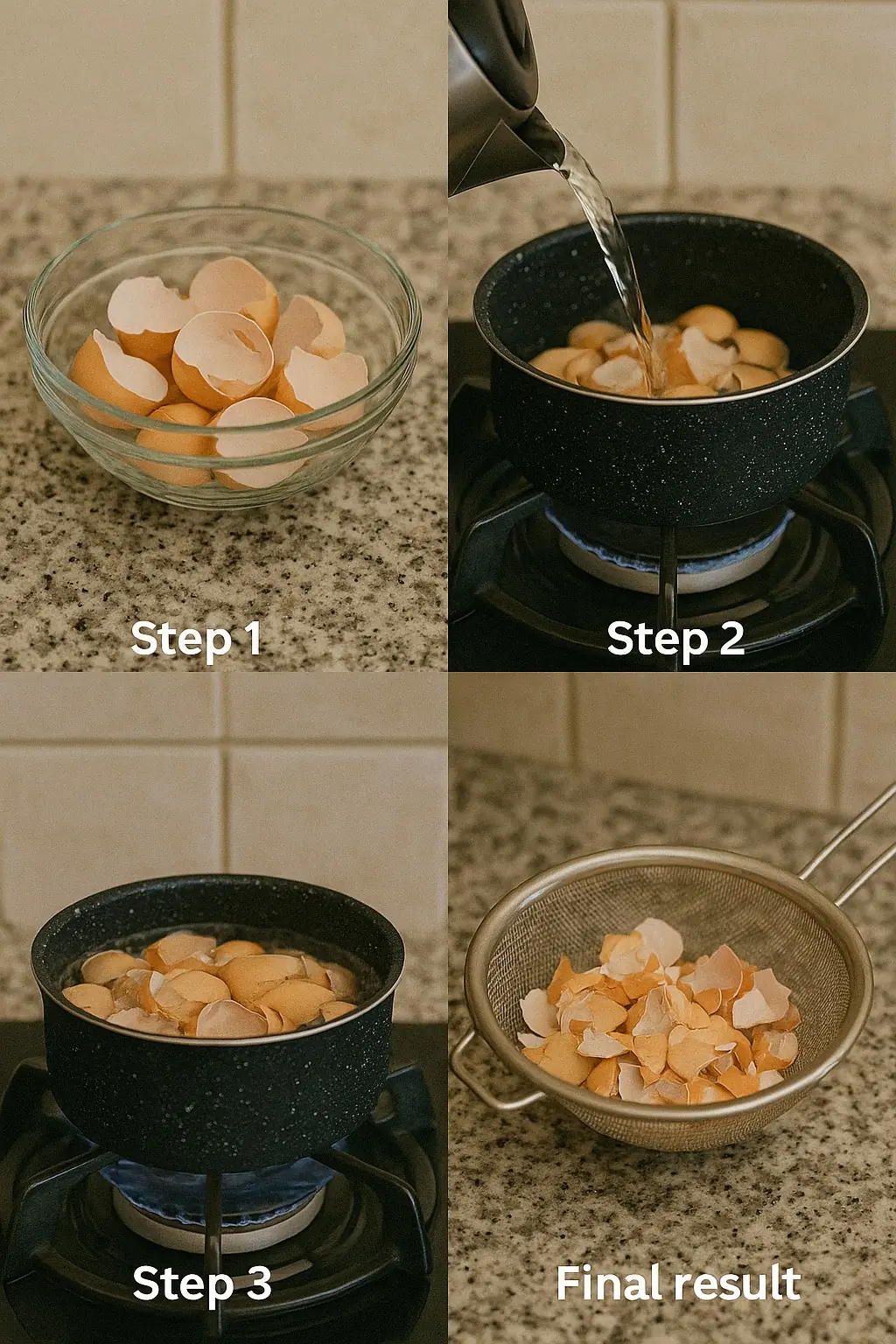
Strengthen Your Bones and Joints Naturally with Eggshells 🥚💪🌿
